| 结构式 | 名称/CAS号 | 全部文献 |
|---|---|---|
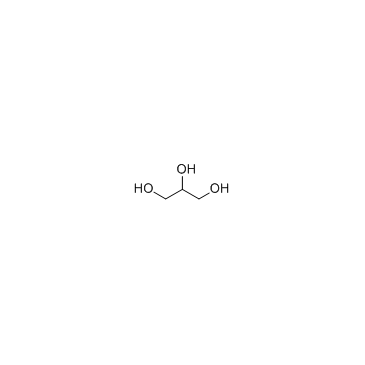 |
甘油
CAS:56-81-5 |
|
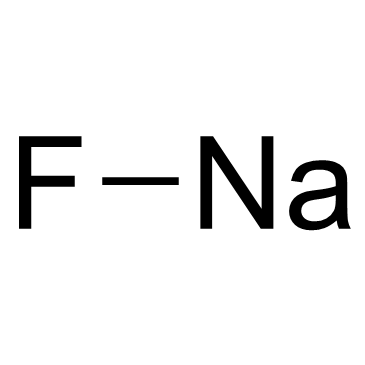 |
氟化钠
CAS:7681-49-4 |
|
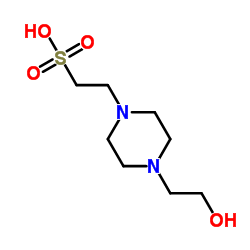 |
4-羟乙基哌嗪乙磺酸
CAS:7365-45-9 |
|
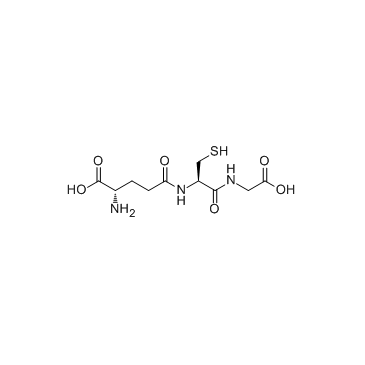 |
谷胱甘肽/5-L-谷氨酰-L-半胱氨酰甘氨酸
CAS:70-18-8 |
|
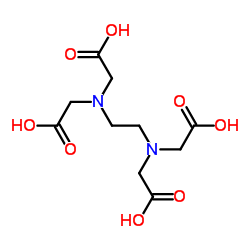 |
乙二胺四乙酸
CAS:60-00-4 |
|
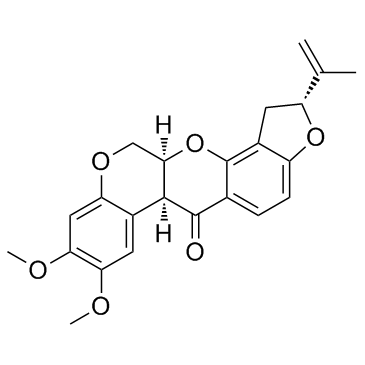 |
鱼藤酮
CAS:83-79-4 |
|
 |
L-氧化型谷胱甘肽 二钠盐
CAS:103239-24-3 |
|
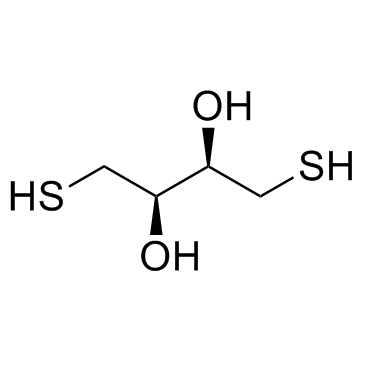 |
DL-二硫苏糖醇
CAS:3483-12-3 |